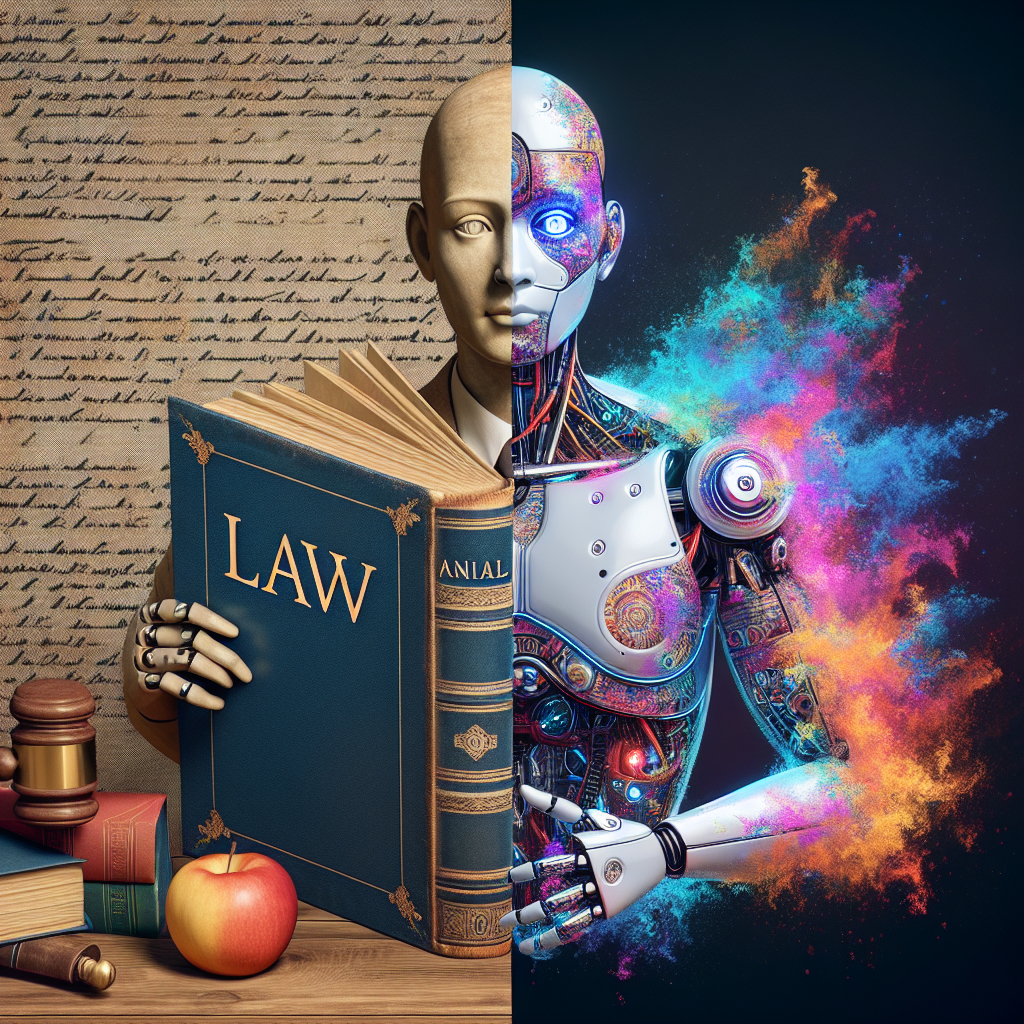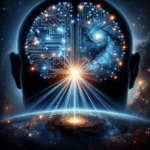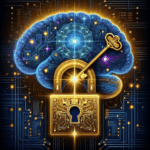In an age where artificial intelligence is rapidly reshaping industries, the legal sector is no exception. Promises of unparalleled efficiency, faster research, and even automated legal advice have captivated many. Yet, as with any transformative technology, a crucial question emerges: Can AI truly grasp the intricate “legal DNA” that underpins the practice of law, or is it merely an overhyped tool?
Recent discussions online have brought this debate to the forefront, particularly concerning AI platforms aiming to revolutionize legal services. While the allure of advanced algorithms is strong, a deeper look reveals critical insights into what AI can — and cannot — do in the complex world of jurisprudence.
The Allure of Legal AI: A Glimmer of the Future?
The excitement surrounding legal AI is understandable. Imagine tools that can sift through millions of documents in seconds, predict case outcomes with high accuracy, or even draft basic legal documents. For law firms and legal departments, these capabilities promise significant cost savings and productivity boosts. The vision is compelling: a future where lawyers are freed from mundane tasks, allowing them to focus on high-level strategic thinking and client interaction.
Indeed, AI has already proven its worth in specific areas. Legal research platforms leveraging AI can quickly locate relevant precedents and statutes. E-discovery tools powered by machine learning drastically reduce the time and expense of reviewing vast amounts of data in litigation. These applications demonstrate AI’s power as a sophisticated assistant, augmenting human capabilities rather than replacing them.
Harvey: A Case Study in Critical Scrutiny
Amidst the broad optimism, certain AI platforms have garnered particular attention, often accompanied by considerable fanfare. One such platform, frequently discussed in professional circles, has been presented as a significant leap forward for legal AI. Initial reports and promotional material painted a picture of an AI capable of handling complex legal queries with near-human proficiency.
However, a growing chorus of skepticism highlights a crucial distinction: Is this AI truly understanding law, or is it merely excelling at pattern recognition? Many experts argue that while these tools can process and regurgitate information, they often lack the nuanced comprehension, ethical reasoning, and critical judgment essential for legal practice.
The Missing “Legal DNA”: Why Nuance Matters
The core of the skepticism lies in the concept of “legal DNA”—the inherent human elements that define true legal expertise. This isn’t just about knowing statutes; it’s about:
- Contextual Understanding: Law is deeply embedded in societal norms, human behavior, and evolving interpretations. A rigid algorithm struggles with the fluidity of human intent and the spirit of the law.
- Ethical Reasoning: Legal decisions often involve moral dilemmas and ethical considerations that go beyond binary logic. AI lacks a moral compass or the capacity for genuine empathy.
- Critical Thinking and Problem Solving: Lawyers don’t just apply rules; they analyze novel situations, identify ambiguities, and devise creative solutions that no pre-programmed algorithm could foresee.
- Client Empathy and Communication: The human element of understanding a client’s fears, hopes, and unique circumstances is irreplaceable. Building trust and delivering sensitive advice requires profound interpersonal skills.
- Strategic Judgment: Predicting how a judge or jury might react, negotiating complex agreements, or crafting a winning legal strategy requires intuition and experience that AI cannot replicate.
Many argue that current AI models, despite their sophistication, primarily act as advanced predictive text engines. They can generate plausible-sounding responses based on patterns in their training data. Yet, this differs fundamentally from true understanding or the ability to reason from first principles in an uncharted legal landscape.
Beyond the Hype: Cultivating True Legal Intelligence
So, what does genuine legal intelligence entail, and how can AI truly contribute? The consensus points towards a future of augmented intelligence, where humans and AI collaborate effectively. Instead of expecting AI to replace lawyers entirely, we should leverage its strengths for specific tasks:
- Automated Document Review: AI excels at identifying relevant clauses or anomalies in large document sets.
- Predictive Analytics: Forecasting litigation outcomes based on historical data can provide valuable insights for strategy.
- Legal Research Assistance: Rapidly finding obscure precedents or cross-referencing vast bodies of law.
However, the ultimate interpretation, ethical application, client counseling, and courtroom advocacy will remain firmly in human hands. The lawyer’s role evolves from a data processor to a strategic advisor, ethical guardian, and empathetic counselor.
The Future of Law: A Collaborative Ecosystem
The conversation around legal AI highlights a crucial point: technology is a tool, not a substitute for human wisdom and judgment. While AI will undoubtedly continue to transform the legal profession, its greatest value lies in empowering legal professionals, not in rendering them obsolete.
For lawyers, aspiring legal minds, and anyone interested in the intersection of technology and society, staying informed is key. Engage with these discussions, understand the capabilities and limitations of AI, and prepare to integrate these powerful tools thoughtfully into your practice.
What are your thoughts on AI’s role in the legal world? Do you believe it can truly possess “legal DNA”? Share your perspective and join the ongoing conversation!



